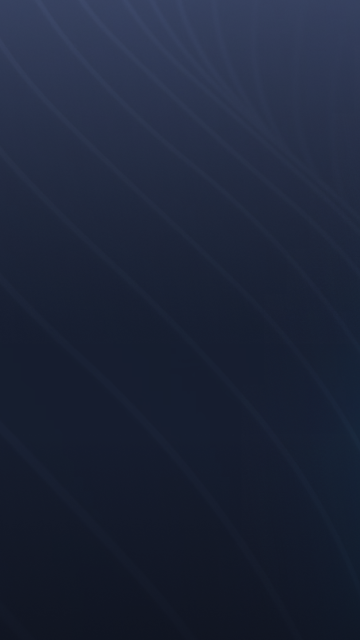Meetings and
Events
The Human Nature Lab has lab meetings most Thursdays from 12:30-2pm at 17 Hillhouse Ave, Suite 393A. Lunch is provided. We also occasionally host special conferences and events.
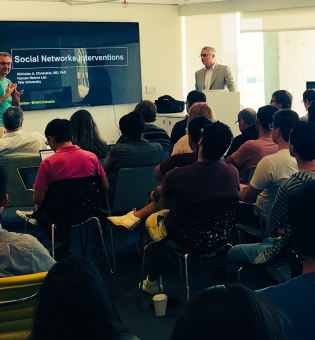
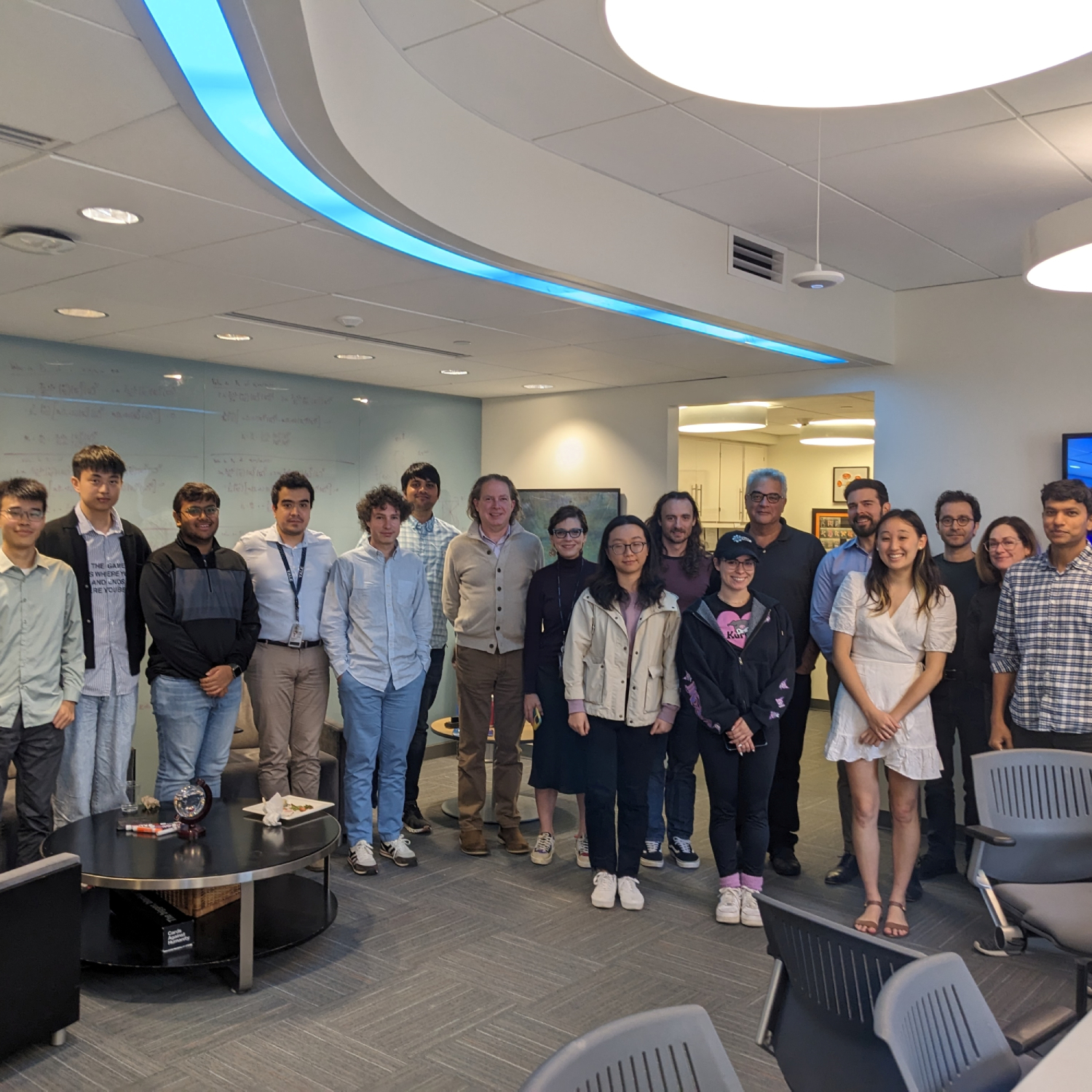
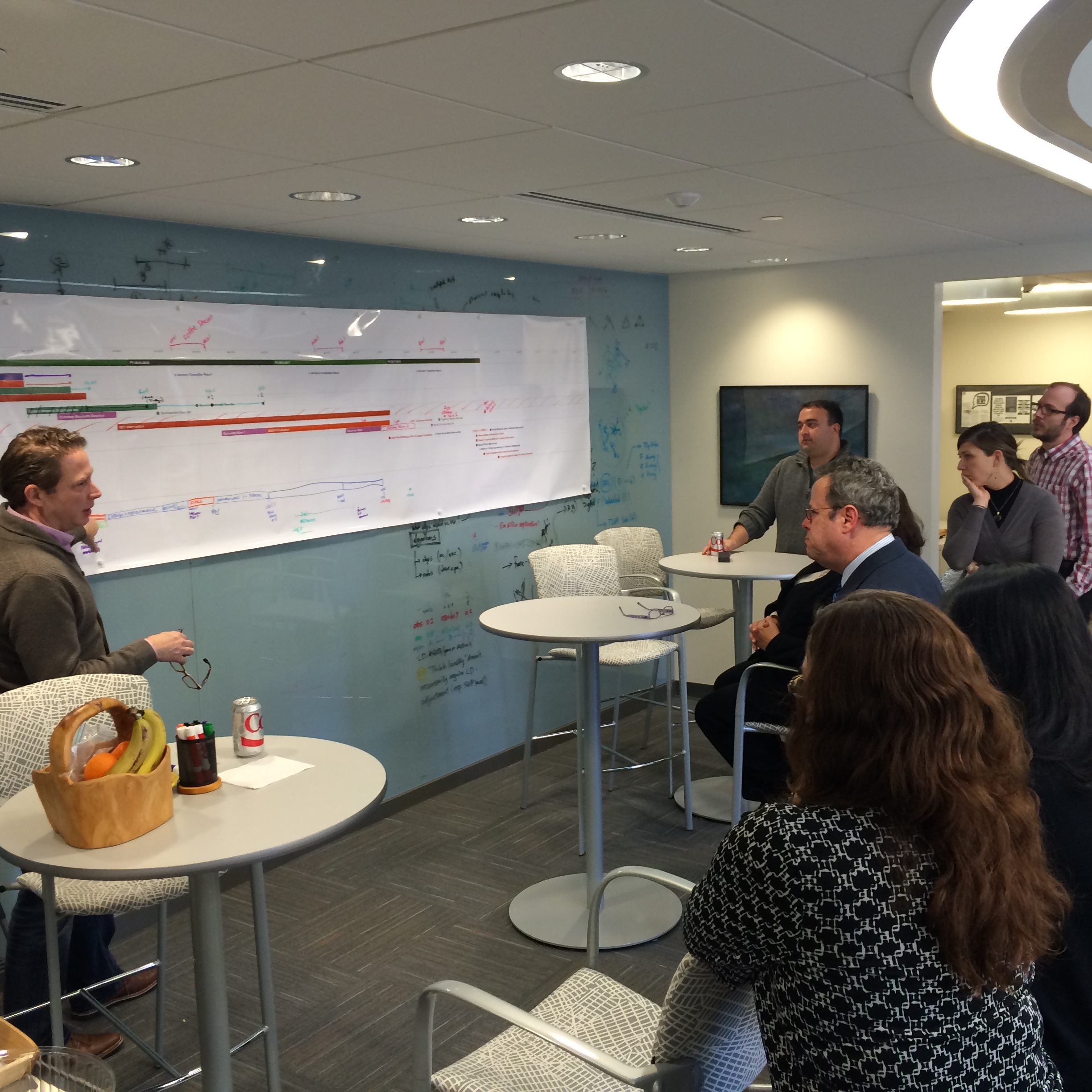
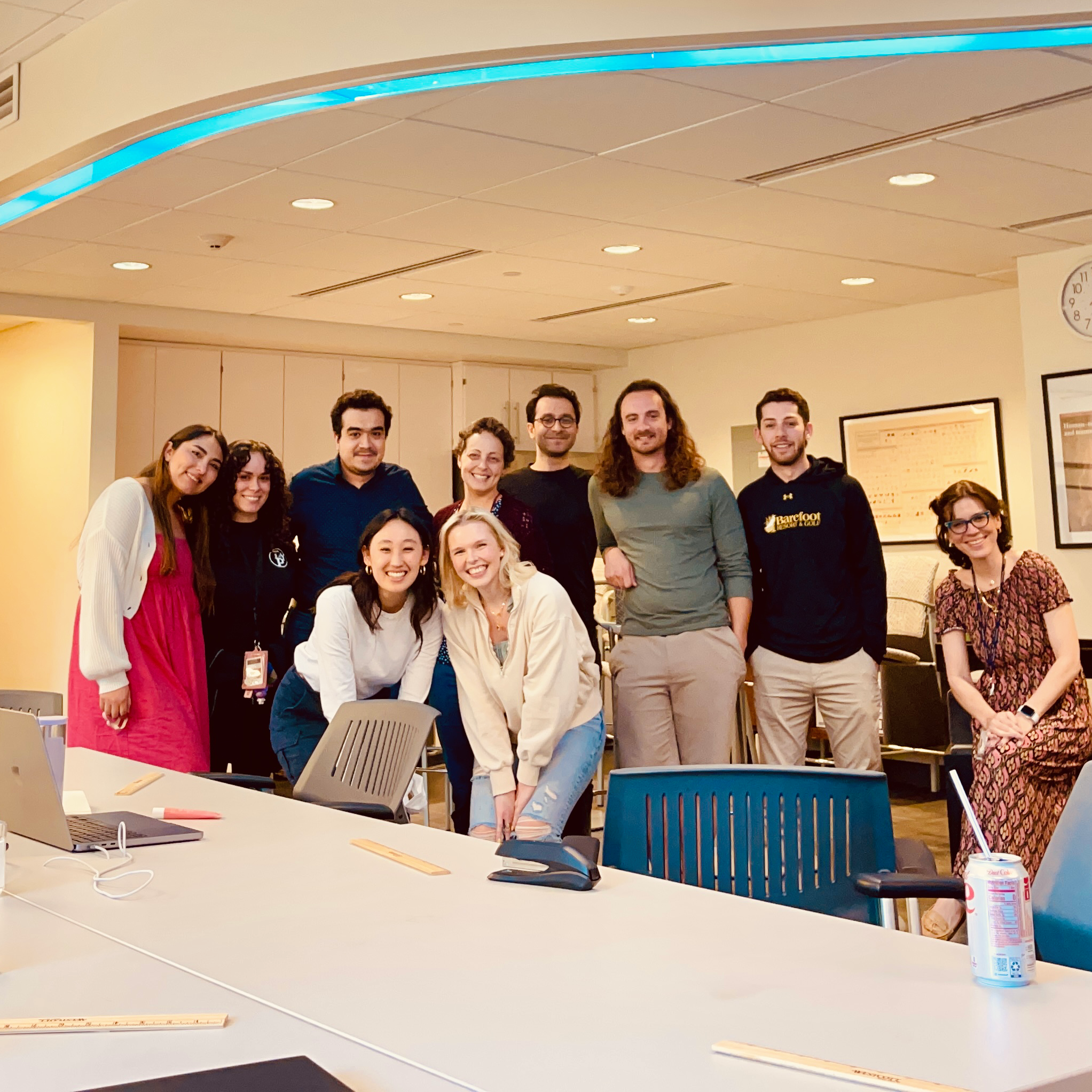
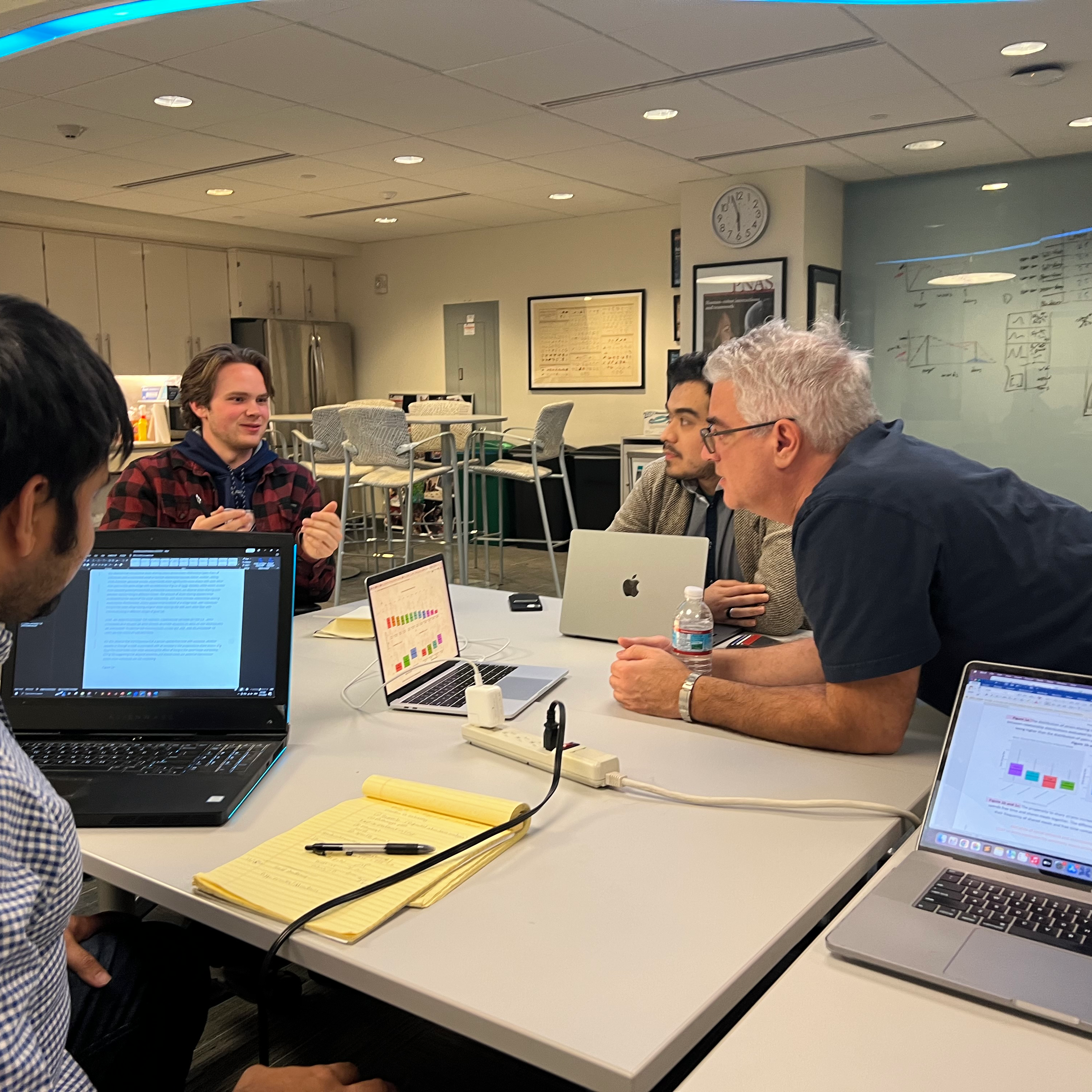
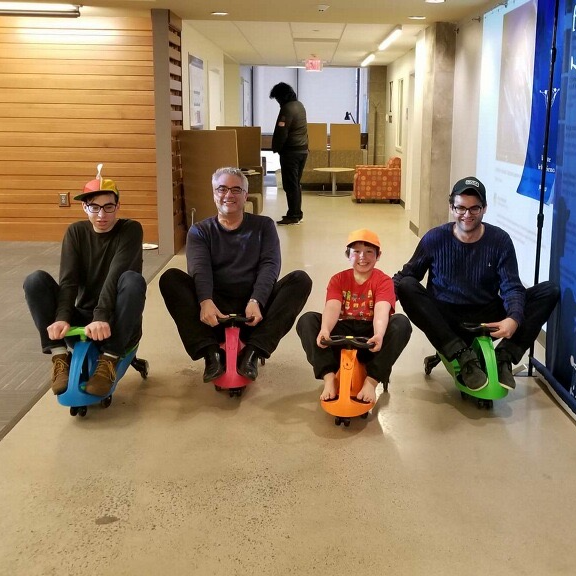
Classes
Access a repository of course materials used by Dr. Christakis, including syllabi for past classes.
Public Lectures
View an assortment of Dr. Christakis' public lectures, in diverse video and audio formats.
Symposia
Access agendas for prior hosted symposia.
Press
Read coverage in the popular press of work from our lab.
Interviews
Check out these interviews, where you'll find interesting discussion of diverse social phenomena.
Editorial Opinion
Read a selection of editorials and essays in the popular press by Dr. Christakis.
